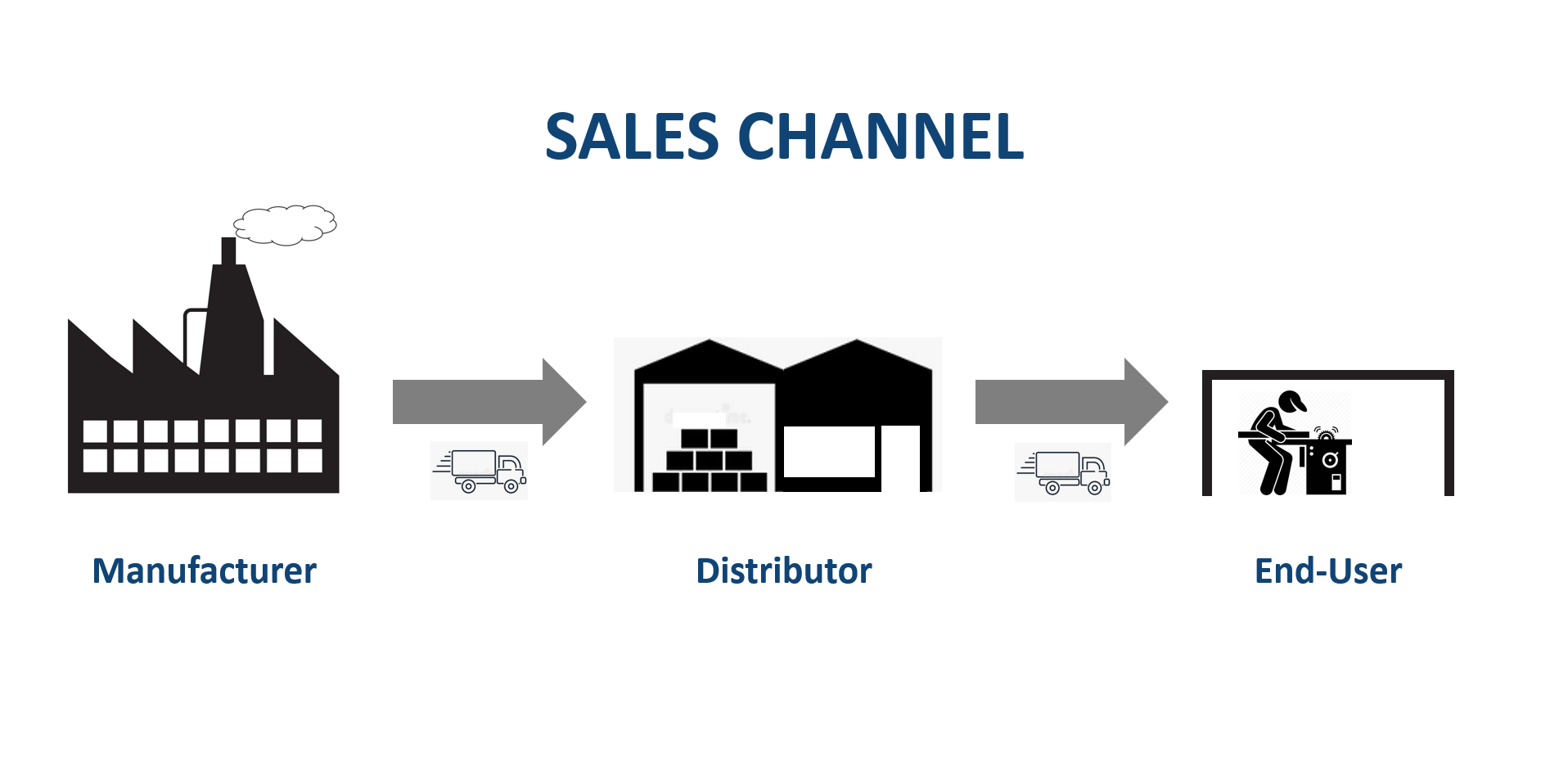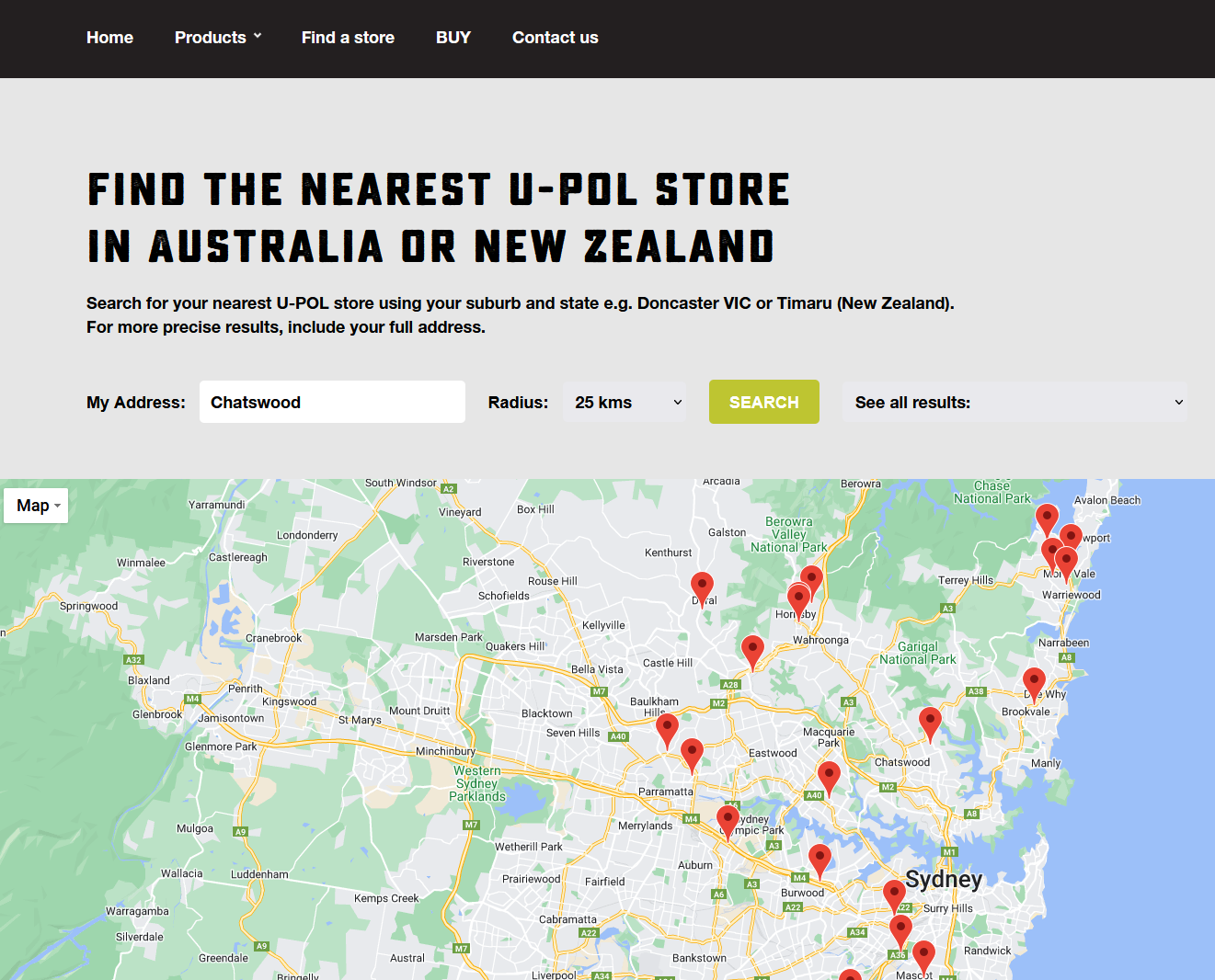28 April 2022
Channel marketing is the process of setting-up and encouraging distributors, agents, stockists, dealers and other channel partners as part of a distribution strategy.
For the sake of clarity, Channel Marketing is not merely having distribution partners as a part of your marketing strategy; instead it is a deliberate focus on maximizing the value and effectiveness of distributors through encouraging and supporting them.
Channels combine transport logistics, sales activities, and promotion to take products and services from where they originate to the end-user buyer (consumer). Importantly, it involves a business relationship with a third-party individual or organization.
Understanding distributors - why do they need to be encouraged and supported?
Because distributors have many business priorities, of which promoting your product or service is just one, exerting influence over this third party is necessary in order to maximize sales through channels.
To maximize the effectiveness of sales channels requires a deliberate and routine process. This process is called Channel Marketing.

Products and services produced by organizations must have some means to be delivered to customers. A lot of products and services are delivered DIRECT, however many also reach customers through layers of distributors, agents, whole sellers, retailers etc. This network is called the channel (INDIRECT distribution).
Channel arrangements are different depending on many factors: business strategy, product category, industry, and customer expectations. For example a channel for Soap Powder will be very different from a travel package.
There are many stakeholders with varying degree of influence within a channel. Channel marketing is about creating the right value at different points in the channel to facilitate push through.
Channel partners often handle products and services for multiple companies and like many organizations lack the resources to focus attention on just your products or services.
The purpose of Channel Marketing is to encourage channel partners to devote more resources to your products and services through various means...
- Devote members of your sales team to managing the channels.
- Communicate with them frequently preferably face-to-face.
- Structure an attractive deal. If they obtain a nigher margin from selling your product they are more likely to push it compared to others.
- Provide product training (if they don't fully understand it - they will be less likely to promote it)
- Keep them stocked. Slow order fulfillment creates frustration.
- Solve problems (returned stock and warranty claims etc.) on a timely basis
- Make it easy for them to promote your product: fulfill requests for brochures, display material, etc. in a timely manner
- Create demand for your product (Pull through marketing).
- Participate in joint promotional activity (for example trade shows or other special events).
- Help them to pull onboard new accounts.
- Provide technical support.
Channel partners as customers
When an organization sells its products or services through channels they rarely have direct contact with the end-user who becomes the channel partner's customer.
Instead the channel partner is the customer as they generally buy the product from the manufacturer before on-selling to their customers.
The term "channel partner" is used to recognize that a strong relationship is developed with distributors when channel marketing is done correctly. When an organization finds and develops an effective distribution partner both organizations work hard to maximize sales throughput as it benefits both organizations hence setting-up a symbiotic relationship.
Push-Pull marketing
In many channel partner relationships, the originating organization will engage in sales and marketing activities with its distributors (channel marketing) and often also promote to the end-users to create demand (consumer promotion). This arrangement is commonly referred to as push-pull marketing (pushing the product out through the channel and encouraging the consumer to pull the product from the distributor).

At the very least, the originator of the product or service will list their distributors on their company website. Consumer marketing that directs traffic to the website will provide links to a page ("Where to Buy") that enables the consumer to locate the nearest distributor.
